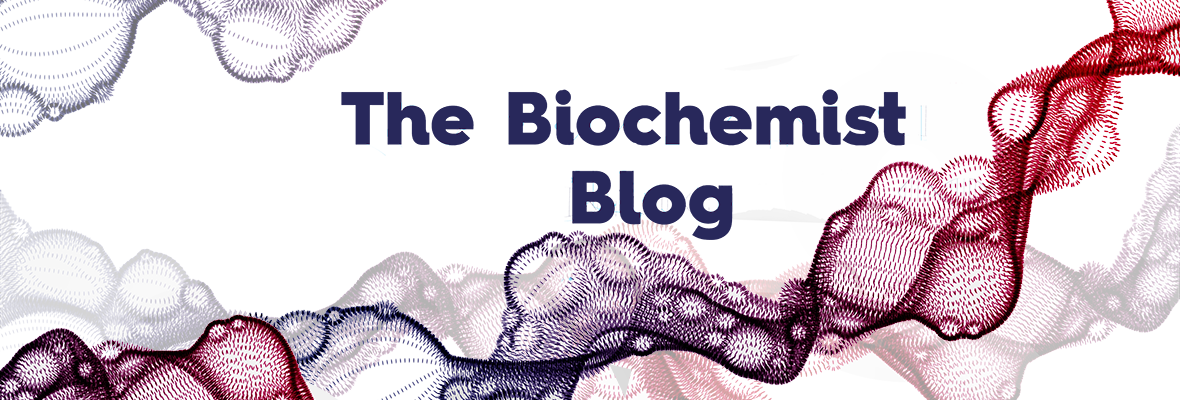By Leah Fitzsimmons, University of Birmingham, UK

Monday, 25 June, saw the opening of the first ever ‘Evidence Week’ in the Houses of Parliament. Organised by Sense About Science in association with House of Commons Library, House of Commons Science and Technology Committee, POST – Parliamentary Office of Science and Technology, and SAGE Publishing, the idea was to hold a week full of events, masterclasses and other sessions to help bring the public and parliamentarians into discussion about the use of evidence in public life.
As an ex-virologist and member of the Biochemical Society’s Policy Network I needed no convincing of the importance of data and evidence in politics. Yet I admit, as I weaved through the tourist-packed and swelteringly-hot streets of Westminster and with the political climate also sizzling with fraught debates in the lead-up to summer break, that I wondered whether anyone would care. Perhaps a conversation about evidence in the wake of ‘post-truth’ and ‘project fear’ would be received as being as esoteric and irrelevant as my thesis title (and the less said on that, the better)…?
First, I’d better fill in some background to the event: Sense About Science have been working to bring together scientists and experts with the public since 2002 and over that time have run a number of innovative campaigns. Campaigns like ‘Ask For Evidence’, which gives anyone the power to challenge claims that they come across and connects them with experts to bring those who make unfounded claims to account. But despite the undoubted success of these projects, one difficult question kept being raised; “How do we ensure the better recognition and use of evidence leads to meaningful change in public life?”.
Not being in the habit of shying away from difficult questions, Sense About Science decided to analyse how evidence is used by politicians and worked with the Institute for Government and Alliance for Useful Evidence to create a system to grade the amount and quality of evidence used in the development and implementation of any given policy. The results of the Transparency of Evidence project were published in January 2018 and showed that the use of evidence varied dramatically across departments and individual policies. Somewhat surprisingly however, most of the parliamentarians who gave feedback were mindful of this variation and were in fact enthusiastic about developing their skills and understanding around the use of evidence and data. So with this in mind, Evidence Week was born.

I attended on the opening day and had the opportunity to interact with parliamentarians and visitors and tell them about Evidence Week. But it wasn’t just evidence ‘show and tell’; there were also a range of masterclasses and events to help ensure parliamentary researchers had the opportunity to gain the practical skills to be better able to sift through the vast quantities of information they receive. I managed to attend a session run by POST and the Alliance for Useful Evidence and was really encouraged to see how many civil servants had come along to ensure their research is as evidence-based as possible.
But the event really came alive during the opening ceremony, during which a host of representatives from communities and organisations came along to tell MPs directly why evidence matters to them. From peace-keeping, to autism and from football stadiums to allotments, the message came loud and clear that evidence is important to all of us and its use or omission has palpable consequences for people from all walks of life. And the message was heard.
Not just on Monday, but throughout the week, an incredible number and range of MPs and parliamentarians engaged positively and helped push the discussion forward, even in the complex areas of statistics and in solving ‘wicked’ problems such as homelessness and obesity. From a personal perspective too, in my new role as a Public Engagement Officer, helping researchers to connect with the public and ensure their work makes a difference to society, it was so encouraging and inspiring to see the importance of science, data and evidence at the forefront of a national conversation. And this work isn’t finished, so why not join the Biochemical Society Policy Network, write to your MP or even talk to local community groups who might be interested in your research? Just because the 2018 Evidence Week is over you can still add your voice to the call for, “No more weak evidence!”.
 About Me
About Me
I’m currently a public engagement professional at the University of Birmingham, but in a former life I was a virologist working on mechanisms of cell death inhibition by Epstein-Barr virus. I’m passionate that science should be for everyone and that supporting researchers to engage with different audiences is a key part of this. When not extolling the virtues of public engagement I can usually be found playing the ukulele or experimenting in the kitchen.
Want to know more? Follow @SenseAboutSci or @VoiceofYoungSci on Twitter or check out #EvidenceWeek. What to get involved? Join the Voice of Young Science Network.
Join the Biochemical Society’s Policy Network by emailing policy@biochemistry.org.

